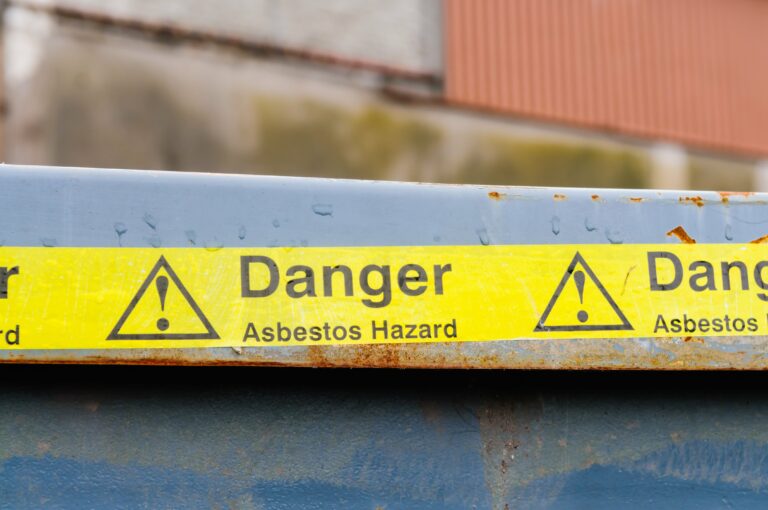It’s now more than three years since Britons voted to leave the EU, and the lack of any straight answers is making it difficult for businesses to plan for their post-Brexit future.
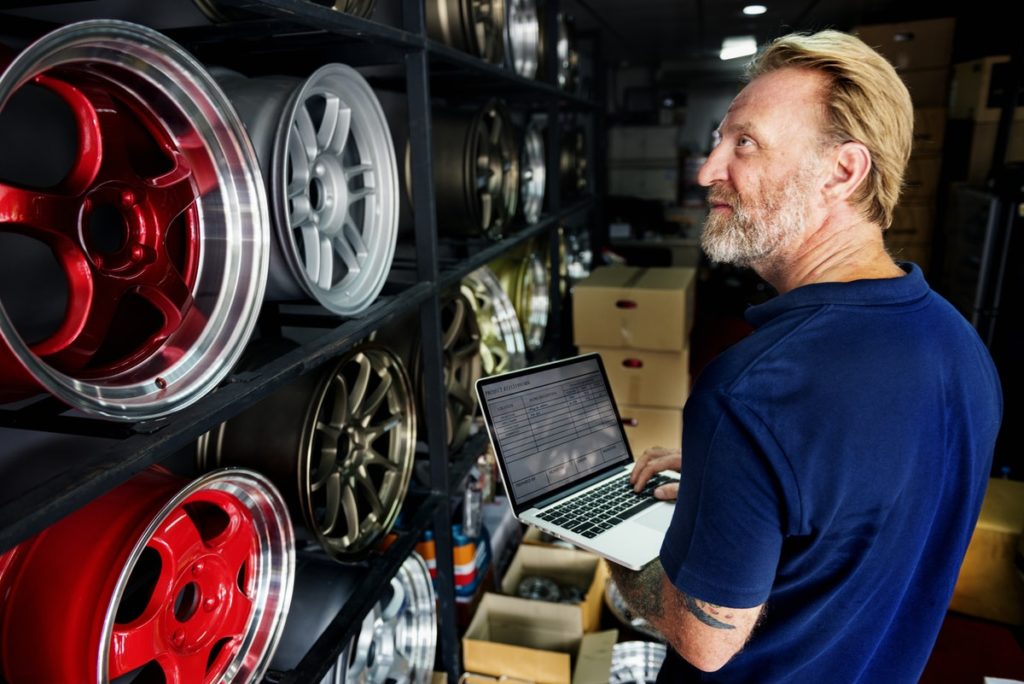
All of this is naturally creating high anxiety for UK businesses, not least those within the automotive industry, the country’s largest exporter of goods, who are now stuck between a rock and a hard place.
The automotive industry has been vocal and united in their stance against a no-deal outcome, having consistently argued that crashing out of the EU without a deal would be disastrous for the sector, as tariffs, border delays and inflated bureaucracy would dramatically impede production and ruin the viability of many plants. However, the alternative is that they ramp up their efforts to prepare for a no-deal Brexit, something that many have already done once before in the lead up to the original March exit date and simply cannot afford to do again. Indeed, Britain’s largest automaker Jaguar Land Rover reportedly spent in excess of 100 million pounds on Brexit planning between April and June, a huge figure that is financially out of reach for the SME.
So where does this leave businesses? How are they expected to make arrangements so that they can continue trading post-Brexit if they don’t know what future they’re planning for? What sorts of things are they doing right now, with potentially a month and a half left to go before the country exits, to mitigate risk and leverage opportunities?
To help put this into context, we visited one of Britain’s longest established motor manufacturers to evaluate how they might fare post-Brexit environment.
The situation on the ground
Walking around the 100-year-old factory, it’s hard not to think about the current climate of uncertainty. As the newly-imported BMW engines are installed into the Lincolnshire aged cherry wood chassis, talk turns to Brexit disruption and how the company will weather the storm.
‘Brexit uncertainty’ is such a dauntingly wide prospect, that’s it’s hardly surprising that more than two-fifths of British companies haven’t yet conducted a Brexit risk assessment. With the implications broad and wide-reaching, it can be difficult to know where to start.
For manufacturers faced with Brexit uncertainty, there are seven important questions to consider:
How will reduced consumption plus increased inflation impact your UK-only revenues?
Is it likely that Brexit will slow down your decision-making and cause delays to bigger projects, leading to slower growth and innovation?
Will changes to freedom of movement (arrangements for people coming to the UK for work and study) affect your available talent pool?
Are there drivers that might necessitate contract reviews, such as moving sites, reduced hours?
Is there exposure to tariffs and trade complications, maybe due to imports and exports, resulting in more sluggish supply chains and increased operating costs?
Does the British brand, its global role and trading appeal have a bearing on sales?
Would a devalued pound, and therefore better export potential, present a meaningful opportunity?
Strong enough to withstand Brexit?
We gave some thought to how each of the factors listed will affect the company, if at all, in the hope that this will help you to think about your own environment.
1. How will reduced consumption plus increased inflation impact your UK-only revenues?
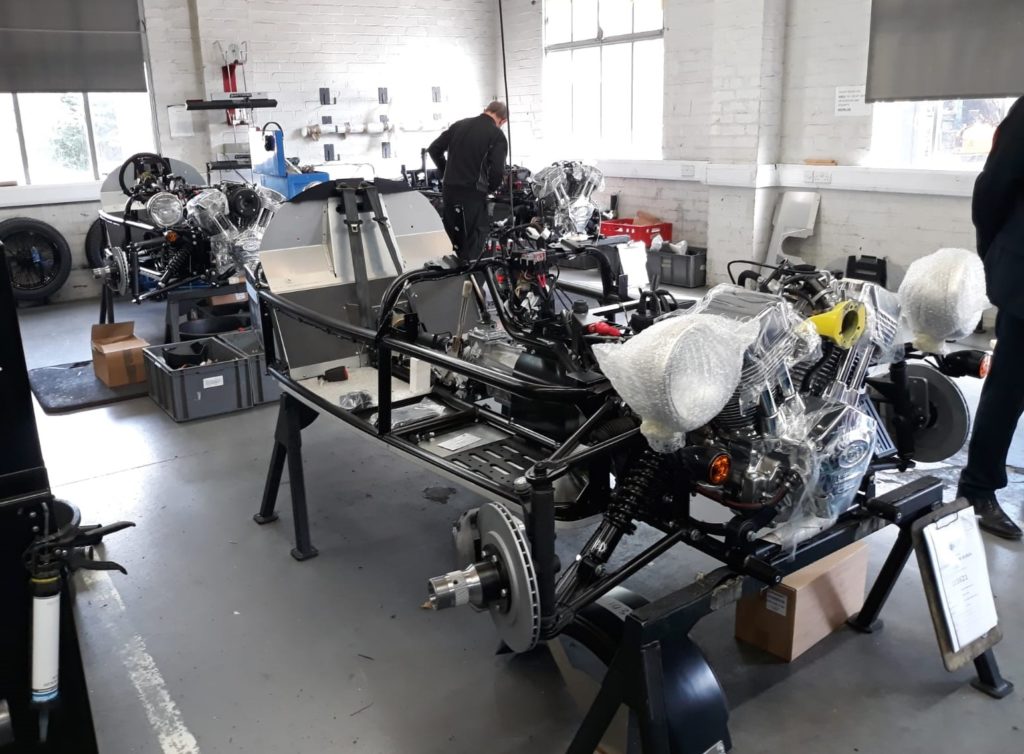
Reduced consumption and increased inflation will inevitably impact UK orders; however, with 70% of orders being sent abroad, the UK is just a small part of the company’s order book.
In fact, as consumer savings won’t be earning effectively in the bank, and the funds are probably considered surplus and dedicated to luxury purchases, we are speculating that Brexit is unlikely to have a significant impact on the company’s UK orders.
Risk status: Orange
2. Is it likely that Brexit will slow down your decision-making and cause delays to bigger projects, leading to slower growth and innovation?
The company did not give the impression that it moves quickly. The appeal of its cars lies in authentic British design and engineering, with the company priding itself as an “antidote to mass-produced automotive manufacturing”. As such, it’s unlikely that Brexit will hold too many big decisions back. The company are reassuringly innovative, stemmed from their special projects and racing ambitions, and this is likely to continue at a slow and steady pace.
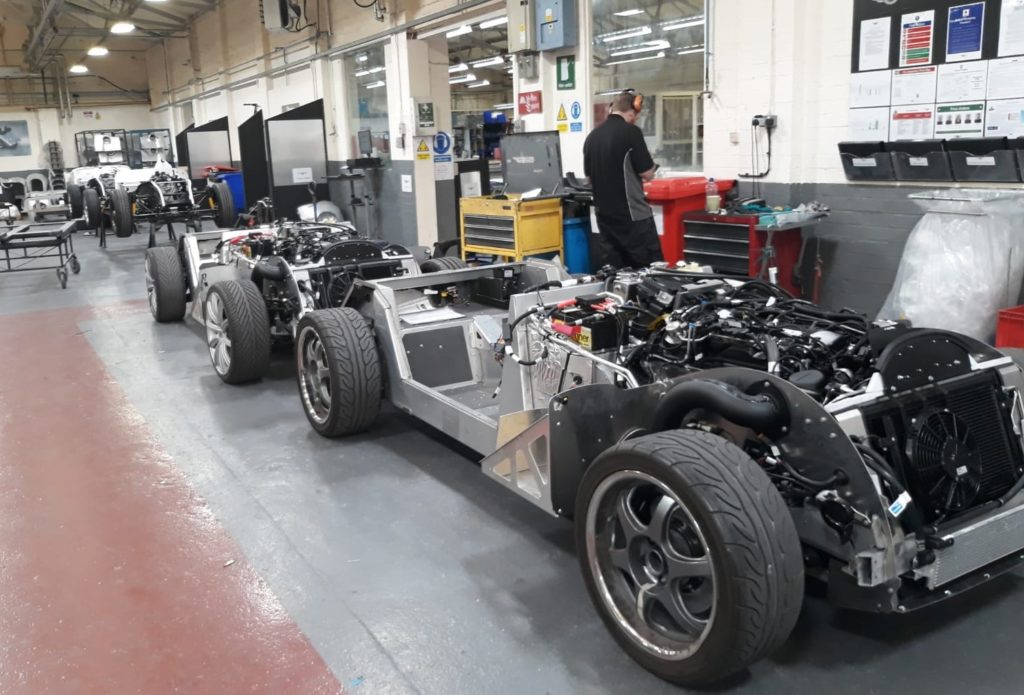
Risk status: Green
3. Will changes to freedom of movement (arrangements for people coming to the UK for work and study) affect your available talent pool?

One significant weapon the company has in their Brexit arsenal is that talent is internally created and not reliant on migrant workers. An established five-year apprentice programme and a passionate and loyal workforce has formed the foundation to their brand. Post-Brexit, this will provide some much-needed stability and give the company a competitive advantage.
Risk status: Green
4. Are there drivers that might necessitate contract reviews, such as moving sites, reduced hours?
For this particular manufacturer, the regulatory challenge can be split into three areas.
- Car. Regulations are an obvious threat in this case, with the company already battling to keep each new model up to date with ever-increasing safety parameters. This in turn means that a growing percentage of the overall vehicle, by weight at least, comes from original equipment manufacturers.
- Factory. The 100-year-old factory sees hundreds of visitors pass through the open working environment, with customers seemingly free to amble around. Whilst this is a great experience for automotive fans, from a health and safety perspective, the general direction of regulation means the company is likely to encounter more challenges over time, both at a company and Director level.
- Resource. A loyal workforce is an asset, until it becomes inefficient. The passion of the company’s people is evident, but it’s hard to describe the environment as lean when compared to modern car makers. Of course, this is its USP, but it raises the question of how well placed the company is to ensure it has the mechanisms, at a manager level, to manage its workforce issues (from performance issues to complicated disciplinaries) effectively and efficiently.
Risk status: Red
5. Is there exposure to tariffs and trade complications, maybe due to imports and exports, resulting in more sluggish supply chains and increased operating costs?
Tariffs would undoubtedly pose a challenge to production, with some large and critical components imported. However, the speed of the supply chain was largely irrelevant.
The company employs non-just-in-time manufacturing principles, and far from Kanban, each car is made by a handful of individuals – a feat that is quite incredible and hard not to admire.
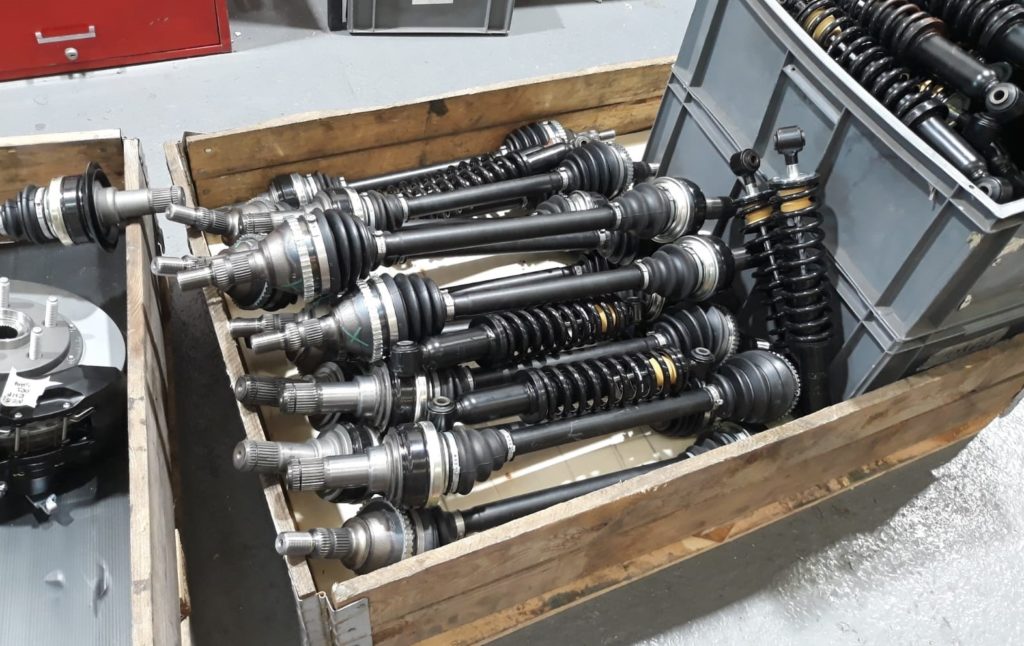
Risk status: Orange
6. Does the British brand, its global role and trading appeal have a bearing on sales?

Fortunately for this particular manufacturer, Britain’s influence isn’t likely to be a factor in their post-Brexit story, provided the ‘Britain’ brand remains intact.
In fact, a quintessentially British brand can probably play to the strengths of the eccentric British parliamentary behaviour of late!
Risk status: Green
7. Would a devalued pound, and therefore better export potential, present a meaningful opportunity?
As over 70% of its production is exported, the company is in a strong position when it comes to devaluation of the pound, and it would be reasonable to expect that this will compensate for import costs and tariffs.
Risk status: Green
So, what does the manufacturer’s post-Brexit future look like?
While it’s impossible to discount the fact that the company will have to confront some real challenges as Brexit approaches, ironically, the company’s lack of speed and efficiency should play to their advantage. That said, it’s hard to ignore the impending threat of increased regulation at a factory and workforce management level. Overall, because the company is a strong exporter with a solid UK supply base, it should fare well, if it can stay focused and keep up with increasing regulatory parameters.
Need support with your Brexit contingency planning?
At Ellis Whittam, we enable hundreds of manufacturing businesses across the UK to focus on growth, opportunity and innovation without distraction. We achieve this by providing high-quality advice on legal compliance in the areas of Employment law, HR and Health & Safety.
With time running out before Britain leaves the EU one way or another, our fixed-cost service model provides a solution to some of the uncertainty felt by manufacturing SMEs. Working as a close extension of your own team, we provide the reassurance that your legal compliance is dealt with by a qualified professional, enabling you to focus on adding value and differentiating yourself from the competition.



